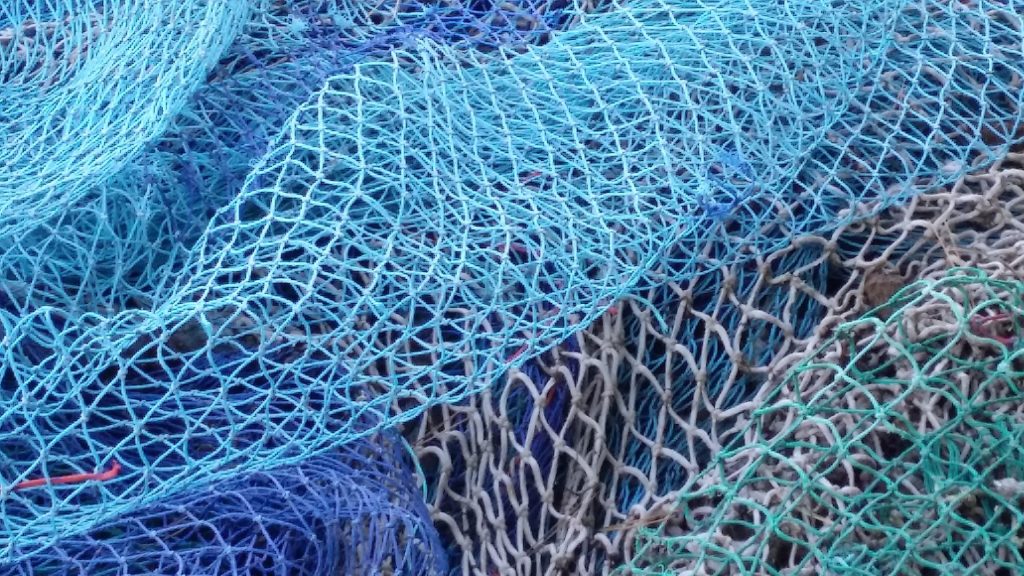International diving team to clean ghost fishing gears from Irish waters

August 15th, 2018
A group of skilled international divers will arrive in Ireland next month to clear ghost fishing gear threatening marine life along Ireland’s coast.
Arriving in September, a team of six volunteer divers from the Ghost Fishing Foundation and the Gesellschaft zur Rettung der Delphine (GRD) will be conducting the operation, starting in Co Galway.
While attention has focused in recent years on the impact of plastics on life in our seas, marine habitats are mostly threatened by fishing activities, including ghost fishing.
Ghost fishing refers to fishing gears lost or abandoned at sea that can trap and kill marine animals including fish, sea turtles, and seabirds.
“For the protection of the biodiversity in the oceans, it is very important to stop the senseless killing”, explains Verena Platt-Till of GRD.
These abandoned traps, also called derelict fishing gears, can cause damage to underwater habitats such as coral reefs and benthic fauna and cause marine pollution as well.
https://www.facebook.com/ghostnetsIreland/videos/2231532586862430/
According to World Animal Protection, an NGO working for stronger animal welfare laws, a staggering 640,000 tonnes of gear are left in our oceans each year.
Operation Stone & Pots will take place from 3 to 6 September, and is the first project dedicated to clearing the Irish seabed from lobster pots.
Operation Stone & Pots will see the divers locate and collect lobster traps from the waters and return those in good condition to fishermen for reuse.
Irish waters are home to a significantly rich biodiversity and scientists are still uncovering new species. Recently, experts from the Marine Institute in Galway found a new coral that has never been recorded in Irish waters before.
Almost 50 marine species living in Irish waters are under threat of extinction, however, according to a recent report from the Irish Wildlife Trust (IWT).
The Protecting Our Ocean’s Wealth report indicates that 48 species of fish, crustaceans, shellfish and other invertebrate are under threat, as well as five types of seaweed.

fishing nets Photo: DODODT
While not opposing the “wise exploitation” of marine resources, the IWT state that a lack of legal protection has led to “chronic over-exploitation” of certain species such as the once common and now critically endangered angel shark.
The report also points to the lack of legal protection in Ireland for the Basking Shark, the world’s second largest fish, and the “dramatic declines” in Turbot numbers in Irish waters.
Marine life is clearly “under threat on many fronts”, according to IWT Campaigns Officer, Pádraic Fogarty, listing overfishing, damaging fishing practices, and plastic pollution as major threats.
The public is invited to join the team for a presentation of the work of Ghost Fishing and a beach clean-up in Co Galway on Thursday, 6 September. Those interested can follow Operation Stone & Pots here.
[x_author title=”About the Author”]







